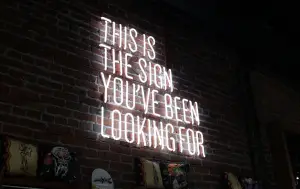
Spoiler Alert, the secret is to f**k up a lot beforehand and get very lucky. I have had the unique pleasure of being f****d over several times by distributors. Every producer has.
The combination of project fatigue, being chronically underpaid, and the need to divert focus to new projects for financial and mental health reasons means that industry-wide, bad decisions on distribution are not only common but inevitable.
There has been a refrain for over a decade now that is frustratingly true – you are not just a filmmaker or a producer, you are a distribution and marketing executive.
You are also likely the only person who actually cares in a significant way about the way your film is presented and seen which has its upsides and its downsides in a world that is rapidly losing interest in nuance in all of its forms. Sometimes your pensive thriller becomes couched as an action film or your arthouse pseudo-mystery becomes a psychological thriller. Which sometimes means your film sees more revenue – even if you don’t get any of that – but often means critical and audience expectations are out of tune with the film itself. So you often end up with none of the money and a lot less respect.
And along the way you will be gaslit, spoken down to, condescended and told you are wrong on the most basic levels about things like key art, platform availability, windowing, and every other piece of jargon in the game. You often are wrong, one hundred percent, but a lot of the time you aren’t but that doesn’t matter. Not really.
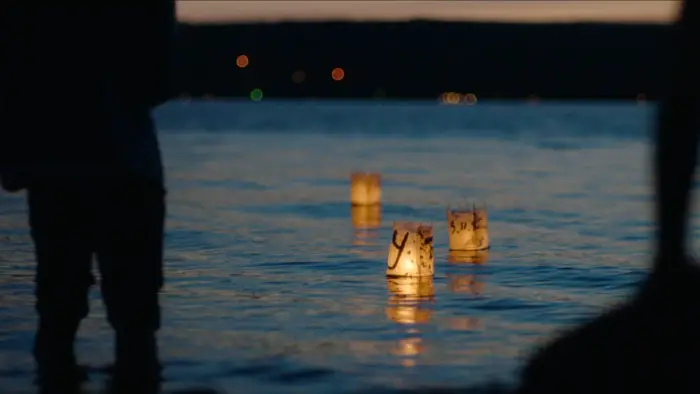
“…you have to be your own advocate and that unfortunately means being pushy and myopically focused on fighting over the smallest details.”
No one told me how little my opinion would matter as it relates to distribution when I started out as a producer and that’s an effective tool that wields tremendous power. It benefits the system of gatekeepers for stasis to exist, even when it’s dysfunctional.
But I really don’t want to s**t on the system since it’s filled with great people who work very hard, even when they sometimes don’t listen. They do know better oftentimes and a great deal of them care quite a bit but it should not be seen as controversial to say that the majority of them simply don’t and prefer it that way.
What I really want to say is that you have to be your own advocate and that unfortunately means being pushy and myopically focused on fighting over the smallest details. It doesn’t necessarily mean being a distribution and marketing executive, it means being an irritating prick. Each fight is a place to draw lines in the sand because like everything else in life, if you give someone an inch, they’ll take a mile.
Now having been behind the curtain on 12+ films, I feel that I may have finally wrapped my head around how to navigate the waters of releasing your film. And I’ll illustrate that through the most recent example in my filmography.
I produced a film that I am immeasurably proud of called This is Not a War Story from a powerhouse filmmaker/actor/producer/fearless person named Talia Lugacy. It’s a thoughtful pensive drama about a ragtag group of veterans who come together to form community and create art through a unique papermaking process wherein they pulp their fatigues and craft singular pieces of artwork on the resulting products. It’s beautiful, artfully crafted, has an incredible ensemble, and is the complete opposite of what anyone in the industry would tell you to make. Dramas without cast (and even with) don’t sell, PTSD & trauma are not commercial, the market for indies is drying up, etc.
Which is also exactly why it was worth doing in the first place.
It was a painstaking shoot and the film owes its life to the keys that weathered the storm to see it through. Our DP Ryan De Franco, our Production & Costume Designer Noa Bricklin, and our Production/Post Sound Mixer & Composer Nick Bohun alongside countless other collaborators and advocates share in the film’s success and are part and parcel to its DNA. Not to mention our veteran partners who trusted Talia to tell this story truthfully, with care and unwavering respect.
We then had the unique distinction of being shortlisted for Directors’ Fortnight at Cannes before its cancellation in the wake of the pandemic. That was exciting. But we then were summarily rejected by every top festival. The rejections were strange and one of them even came with the note that the film was “too long” which remains a perplexing note having seen the film no less than twelve times. I sincerely do not know what you could cut without the entire film suffering.
Another said it wasn’t “punchy enough.” Still Haven’t managed to unpack that one.
Our heads beaten completely into a wall we decided to just play anywhere that would have us. Why spend our time trying to date people who weren’t interested anyway?
So we started playing fun, respected, and well attended regional festivals. Places that actually wanted us.
And we wouldn’t shut the f**k up along the way.
Not responding to our first two emails? Here’s two more follow ups. Want to give us a 9AM screening time? Nope, not gonna happen. Not in competition? No chance. Can’t QC our DCP? Well I got in touch with the projectionist on my own.
We spent months drumming up reviews and fought our way to a 100% on Rotten Tomatoes with 20+ reviews, wrote articles for Talkhouse, Filmmaker Magazine & NoFilmSchool, and generally
spent whatever spare moment we had bombarding anyone who would listen to us. We were prepared to shout into the wind and we still are. I mean, I don’t know anything about readership here for instance. I assume its good since I read it. Anyway, whoever is reading this – bless you.
So when our luck changed, it was both surprising and not surprising. Surprising because we are so accustomed to being set up to fail, and not surprising because it was vindication that we were right all along – we had made a great film and it deserved to be seen.
How did our luck change? Because for once, someone actually saw our film. And I don’t mean just actually sat and watched it, I mean saw what we were doing, why it mattered, and the love that went into willing it into existence.
But the actual order of events was that an HBOmax executive watched it completely by chance at Cinequest, showed it to her colleagues at WarnerMedia’s OneFifty initiative, and they acquired the film for their platform and let us keep the rest of our rights.
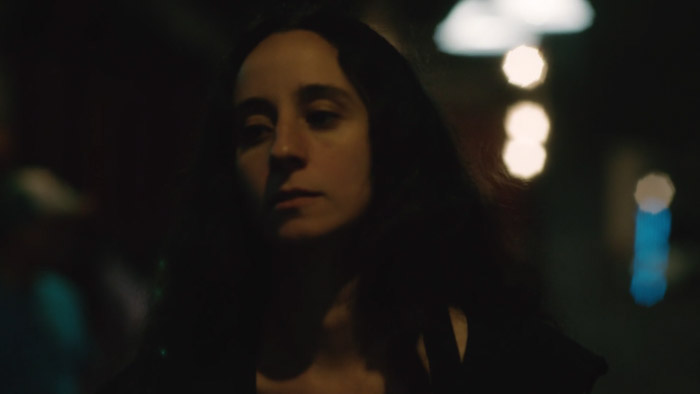
“…we still own our film and it is already a success story.”
I would be remiss if I didn’t note how much of an outlier this experience has been. The entire OneFifty and HBOmax team should be given a f*****g medal for how fairly, kindly, and intelligently they have treated us and our film. What they are building and doing is no small feat, so support them. Please. So more people can get a much deserved win the same way we have.
We were prepared for a no advance deal with a boutique distributor and now for the first time in my career, we still own our film and it is already a success story.
Our film will now recoup as the deal pays out, we still own our film, and everything else we do with it is entirely up to us. For once, we don’t need gatekeepers to validate us or our film. We can just do what we want.
So we are.
We’re self-releasing in several independent theaters, we negotiated a no-fee service deal for our other rights, and we’re bombarding every press outlet we can track down to get seen and hopefully recognized. We still don’t have a PR budget but we are still annoying as hell and can selectively lack awareness. Because the film deserves that and our livelihoods depend on being able to make the next one, the one after that, and so on.
We were exceptionally lucky. There are no guarantees in filmmaking, especially independent filmmaking. And anyone who tells you that luck isn’t perhaps the most important element to success of any kind in this industry is willfully ignorant, lying, or just lucky themselves and refusing to admit it.
But I also always have to remind myself that luck is also self made.
We magicked that out of thin air by virtue of not shutting the f**k up about our film. And we are not going to stop now. Or ever really. We found the thing that works, so why reinvent the wheel?
You want to win in film distribution? Then just follow these simple steps: Step 1: Do. Not. Shut. The. F**k. Up. Step 2: Set yourself up to get lucky. Step 3: Capitalize on that luck. Step 4: …Distribute yourself.
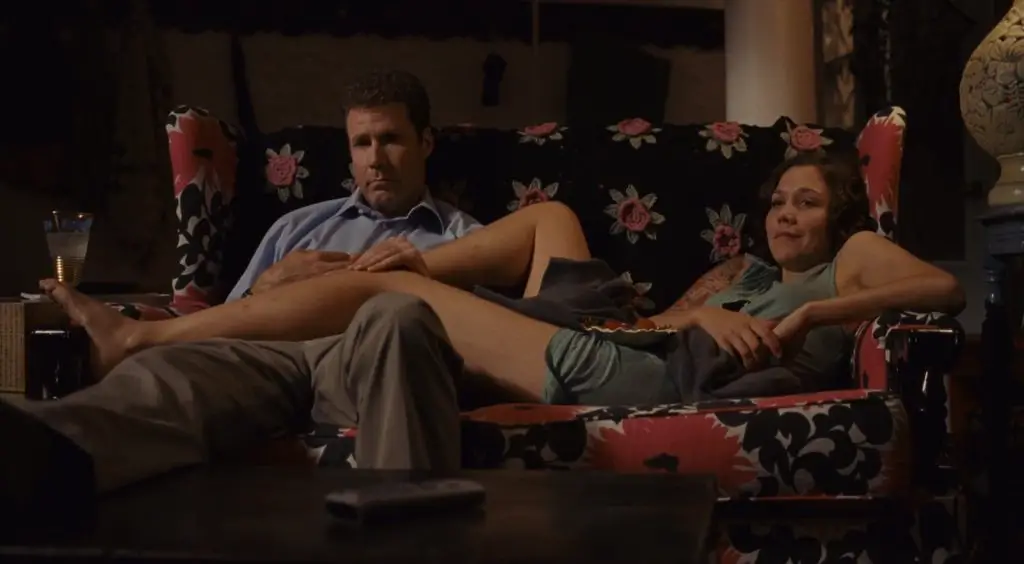
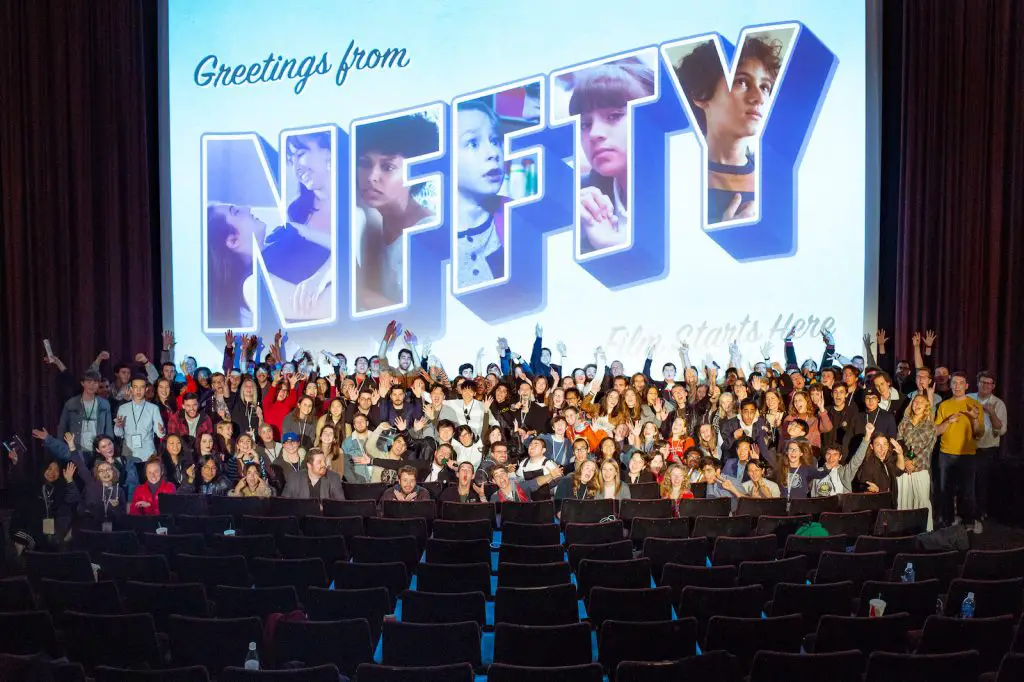
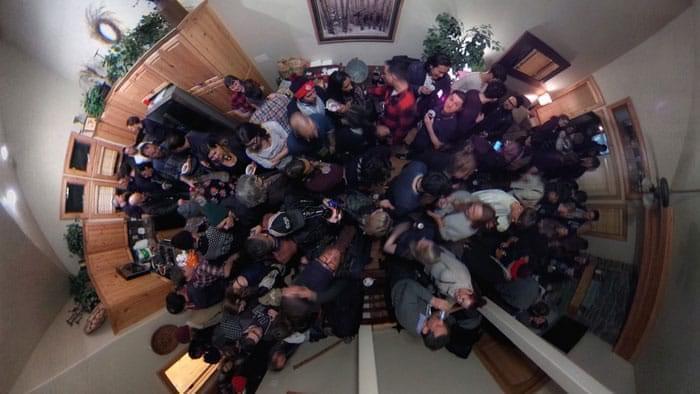
[…] to gain experience in the huge film industry. But your film will become available to a wide… Spoiler Alert, the secret is to f**k up a lot beforehand and get very lucky. I have had the unique…Copyright ©1985-2022 Film ThreatAll Rights Reserved |Film Threat cares about your privacy and the […]
It really depends on what your aims are. But one is confusing “sales agent” with “distributor”. Theatrical distributors put films in cinemas. They pay licensing fees to sales agents. Sales agents place films in film festivals. That can be called “distribution” but it is called that because maybe “sales” seems like a dirty word? Or too corporate by many sales agents? Theatrical distribution companies pay a minimum of 100K to launch a limited release of an indie film into the ether, never knowing if even 1 person will show up to see the film. Streaming is a nice outlet for many films. The streamers are all run by ex-TV people. TV is a very lucrative path. But traditionally TV is ruled by showrunners, writers, and the camera guy, not the director. Directors are people-for-hire, below the line people in TV-land. Glad everything turned out for you. I suspect Chris Nolan might have a different PoV re: HBOMax 🙂
Great story! I can relate so much to it as I had a similar experience with my latest film SAWAH. Due to the pandemic, our theatrical release was cancelled in France but Netflix came and took the film for various territories leaving us all rights except SVOD. The film is doing very well in school screenings and I even managed to get it to the US market on DVD available at every Walmart. 🙂